1946 WAS the first full year of peace after the Second World War, but global stability remained elusive. Across Europe and Asia, nations began the long process of rebuilding while tensions between East and West gave rise to the early stages of the Cold War.
In Britain, the Labour government pressed ahead with social reforms, including nationalisation and expanded welfare, while rationing and housing shortages continued. The United Nations held its first full sessions, the Nuremberg Trials delivered historic verdicts, and independence movements gained strength in India, Burma, and Palestine.
Culturally, the BBC resumed television broadcasts, the Cannes Film Festival debuted, and post-war sport returned. It was a year marked by cautious optimism, reconstruction, and growing political divisions.
You can also explore our archive of 1946 newspapers to discover what the world was reading at the time.
January
1 January: Emperor Hirohito of Japan declared he was not divine in a New Year’s address, renouncing the traditional concept of the emperor as a living god and helping to lay the foundation for post-war reforms.
10 January: The first General Assembly of the United Nations opened in London, with delegates from 51 nations meeting to establish protocols for international cooperation and peacekeeping.
14 January: In the United States, the American Federation of Labor launched a series of strikes across key industries, beginning a wave of post-war labour unrest that would lead to major legislative responses later in the year.
16 January: US President Harry Truman established the Central Intelligence Group, the immediate predecessor to the CIA, tasked with coordinating peacetime intelligence amid growing tensions with the Soviet Union.
18 January: Soviet authorities began formal land redistribution in their zone of occupied Germany, seizing large estates and redistributing farmland in line with Communist agrarian policy.
20 January: Charles de Gaulle resigned as head of the French Provisional Government following disputes over constitutional reform, leaving France’s future political structure uncertain.
22 January: The British Labour government introduced the Coal Industry Nationalisation Bill in Parliament, a major step in its post-war plan to bring key industries under public ownership.
24 January: The United Nations adopted its first resolution, calling for the elimination of nuclear weapons and the establishment of international control over atomic energy.
28 January: The Academy of Motion Picture Arts and Sciences in the United States announced that The Lost Weekend and The Bells of St. Mary’s were leading contenders in the upcoming Oscars, signalling Hollywood’s return to peacetime storytelling.
30 January: A bitter winter deepened across Britain, with snowstorms and fuel shortages causing widespread disruption to transport, heating, and essential services.
February
1 February: Trygve Lie of Norway was formally appointed as the first Secretary-General of the United Nations, becoming the key administrator of the newly established global body.
4 February: American singer Frank Sinatra made his official debut with Columbia Records, beginning a solo recording career that would help establish him as a major post-war entertainment figure.
Shop our book on Frank Sinatra to learn more through newspaper history...

9 February: Soviet leader Joseph Stalin delivered a defiant speech to the Supreme Soviet, claiming that war with the capitalist West was inevitable, heightening tensions with the United States and alarming Western governments.
14 February: The Bank of England was officially nationalised following the passage of legislation by the Labour government, transferring ownership from private shareholders to the British state.
15 February: ENIAC, the world’s first general-purpose electronic computer, was formally unveiled at the University of Pennsylvania, marking a milestone in the development of modern computing.
20 February: The British Government issued a White Paper proposing a five-year plan for Palestine, calling for limited Jewish immigration and the eventual establishment of an independent state, sparking strong opposition from Zionist groups.
22 February: In Washington, diplomat George F. Kennan sent the now-famous "Long Telegram" from Moscow, warning of Soviet expansionism and urging a policy of containment — a key moment in the emerging Cold War.
24 February: General Juan Perón was elected President of Argentina with strong popular support, beginning a new era of nationalist and populist politics in Latin America.
25 February: Clement Attlee’s government announced the nationalisation of civil aviation, with British European Airways to be established as a publicly owned carrier.
28 February: In Egypt, widespread student protests erupted in Cairo against British military presence and political interference, reflecting rising nationalist sentiment across the Middle East and North Africa.
March
2 March: British forces continued to withdraw from Indonesia in response to growing nationalist unrest, as the post-war conflict between Dutch colonial authorities and Indonesian republicans intensified.
5 March: Winston Churchill delivered his “Iron Curtain” speech at Westminster College in Fulton, Missouri, declaring that an iron curtain had descended across Europe. The speech is widely seen as the formal beginning of the Cold War in Western rhetoric.
Shop our book on Winston Churchill to learn more through newspaper headlines...

6 March: Ho Chi Minh signed a preliminary agreement with France, allowing French troops to return to northern Vietnam in exchange for recognising Vietnam as a free state within the French Union. The compromise quickly broke down, leading to renewed conflict.
9 March: In the United States, the Civil Aeronautics Board authorised scheduled international flights for American airlines, a key step in expanding post-war global air travel.
13 March: The British government lifted the wartime ban on the production of luxury chocolates and sweets, prompting long queues outside confectioners as rationing remained tight for other goods.
15 March: The Free State of Saxony was officially re-established within the Soviet zone of occupied Germany as the post-war map of Germany continued to take shape.
19 March: The BBC announced plans to relaunch its television service in the summer, which had been suspended since 1939. The move signalled the start of a new era in British broadcasting.
24 March: In Argentina, President-elect Juan Perón appointed his wife Eva Duarte de Perón to head the Ministry of Labour’s women’s division, giving her a national political role for the first time.
27 March: US President Truman announced that the Soviet Union had not withdrawn from Iran by the agreed deadline, leading to a complaint being filed at the United Nations — the first major diplomatic crisis brought before the UN Security Council.
29 March: The British House of Commons approved the nationalisation of the Bank of England in its final reading, formalising the earlier legislative act passed in February.
April
1 April: British forces continued their withdrawal from rural areas of Java in the Dutch East Indies, as hostilities escalated between returning Dutch colonial troops and Indonesian republicans fighting for independence.
5 April: Soviet forces finally agreed to begin withdrawing from northern Iran following international pressure and a US complaint to the United Nations, an early diplomatic success for the fledgling UN Security Council.
6 April: In the aftermath of the Greek general election held on 31 March, royalist parties claimed victory and began consolidating power, while boycotting leftist groups denounced the vote and intensified armed resistance, deepening the country's descent into civil war.
7 April: The BBC resumed regular live football coverage for the first time since the war, broadcasting highlights and updates from the FA Cup semi-finals as part of its expanding post-war programming.
10 April: French authorities in Algeria implemented new legislation granting limited French citizenship to select Algerian Muslims, sparking demonstrations from excluded communities and intensifying nationalist opposition to colonial rule.
12 April: British cinemas began screening The Lost Weekend, a US film that had recently won four Academy Awards. Its hard-hitting portrayal of alcoholism signalled a shift toward more serious themes in international post-war cinema.
15 April: Rudolf Höss, former commandant of Auschwitz, testified at the Nuremberg Trials, confirming that over one million people were murdered at the camp under his command, and shocking the court with his detached admissions.
18 April: The League of Nations was formally dissolved in Geneva, with its remaining functions, assets, and staff transferred to the United Nations. The League had existed since 1920 but failed to prevent the outbreak of global war.
23 April: The British Ministry of Labour launched a nationwide recruitment campaign encouraging women to re-enter the workforce in key industries, as post-war rebuilding efforts intensified across the country.
29 April: The International Military Tribunal for the Far East officially opened in Tokyo, bringing 28 Japanese military and political leaders to trial for war crimes, crimes against humanity, and crimes against peace.
May
1 May: International Workers’ Day was marked by major demonstrations across Europe and Asia, with large rallies in Paris, Berlin, and Tokyo calling for labour rights, decolonisation, and post-war economic reforms.
5 May: French voters rejected a proposed new constitution in a national referendum, forcing the continuation of the provisional government and delaying the formation of the Fourth Republic.
7 May: A major coal miners’ strike in the United States, led by John L. Lewis and the United Mine Workers, continued into its second week and disrupted energy supplies across several states.
9 May: King Victor Emmanuel III of Italy formally abdicated in favour of his son, Crown Prince Umberto, in an effort to preserve the monarchy ahead of the referendum on Italy’s future political system.
10 May: The British arrested members of the Jewish paramilitary group Haganah in Mandatory Palestine, seizing weapons and documents in response to growing underground opposition to British immigration limits.
12 May: The Soviet Union and Turkey exchanged diplomatic notes concerning control over the Turkish Straits, with the USSR demanding joint administration. The dispute alarmed Western governments and added to mounting international tension.
15 May: Petrol rationing in Britain was eased for motorcyclists and commercial users, marking one of the first steps in the country’s gradual return to normal civilian transport after the war.
17 May: The International Court of Justice held its first official sitting in The Hague, opening proceedings as the judicial arm of the newly established United Nations.
19 May: The Cannes Film Festival, originally planned for 1945 but postponed due to post-war disruption, was officially rescheduled for September 1946, with film submissions invited from international studios.
31 May: The BBC confirmed that its television service would resume on 7 June 1946, beginning with a re-broadcast of the last pre-war programme from 1939 featuring singer Adele Dixon at Alexandra Palace.
June
2 June: Italians voted in a national referendum to abolish the monarchy and establish a republic. With over 12 million votes cast in favour, the result ended the reign of the House of Savoy after 85 years.
4 June: The United States Congress passed the National School Lunch Act, creating a federally funded programme to provide low-cost or free lunches to American schoolchildren as part of post-war welfare expansion.
5 June: British Field Marshal Bernard Montgomery was appointed Chief of the Imperial General Staff, becoming the top military adviser to the British government during the early Cold War period.
6 June: A continuing coal shortage in the United Kingdom prompted the government to issue warnings about electricity use, as supply problems persisted following the winter fuel crisis and recent strikes.
10 June: King Umberto II of Italy announced his intention to leave the country following the republic referendum. He formally went into exile on 13 June, bringing the Italian monarchy to an end.
14 June: British authorities in Palestine imposed a curfew on Tel Aviv following a series of violent attacks and bombings by Jewish underground groups protesting immigration limits and British rule.
17 June: The United Nations Economic and Social Council opened its working session in New York, focusing on international cooperation in employment, education, and post-war recovery.
20 June: Preparations intensified for the US atomic tests at Bikini Atoll as naval crews and scientific teams positioned equipment for the upcoming Operation Crossroads detonations scheduled for July.
28 June: Polish communist leader Bolesław Bierut announced a provisional government backed by the Soviet Union, marginalising opposition parties ahead of a manipulated referendum two days later.
July
1 July: The United States conducted its first peacetime atomic bomb test at Bikini Atoll as part of Operation Crossroads. The aerial detonation, codenamed Test Able, marked a new phase in nuclear weapons development and global awareness of atomic power.
4 July: The Philippines officially gained independence from the United States, ending nearly half a century of American colonial rule. Manuel Roxas became the first president of the Republic of the Philippines.
5 July: The bikini swimsuit was introduced by French designer Louis Réard at a fashion show in Paris. The name was inspired by the recent nuclear tests at Bikini Atoll and attracted immediate controversy.
6 July: In Hungary, voters overwhelmingly supported a new law transferring major industries to state control. This marked a step toward full Communist domination under Soviet influence in Eastern Europe.
11 July: Jewish underground fighters from the Irgun bombed a British train near Haifa, killing several soldiers and escalating tensions in Mandatory Palestine during a period of increasing violence and protest.
16 July: The United States Senate approved the Fulbright Act, establishing an international educational exchange programme to promote cultural understanding and diplomacy through study abroad.
18 July: The BBC introduced a daily weather forecast on television for the first time, part of its gradual expansion of post-war broadcasting following the resumption of service in June.
22 July: A deadly bombing at the King David Hotel in Jerusalem killed 91 people. Carried out by the Irgun, the attack targeted British administrative offices and became one of the most notorious acts of violence during the Palestine Mandate.
25 July: The United Nations held its first international health conference in New York, concluding a two-week session that laid the foundation for the establishment of the World Health Organization.
29 July: Aviation pioneer William Boeing died at the age of 64 in Washington State. He was the founder of the Boeing Company and played a key role in the development of both military and commercial aircraft.
August
1 August: The United States Atomic Energy Act was signed into law by President Truman, transferring control of nuclear energy from the military to a newly formed civilian Atomic Energy Commission.
2 August: A British South American Airways flight crashed in the Argentine Andes shortly after take-off from Buenos Aires. All 11 passengers and crew were killed in the accident, one of several early post-war aviation disasters.
5 August: In Romania, the Communist Party announced sweeping economic reforms, including state control over banking and industry, strengthening its position in the Soviet-backed provisional government.
8 August: The Soviet Union publicly rejected proposals from the United Nations Atomic Energy Commission to allow international inspection of its nuclear facilities, marking a significant early Cold War division.
10 August: The Arab League held a special session in Cairo to coordinate opposition to increased Jewish immigration to Palestine and to affirm support for Palestinian Arab demands.
14 August: The British Cabinet met to discuss the future of India, reaffirming its intention to transfer power by 1948 and reviewing political tensions between the Indian National Congress and the Muslim League.
15 August: Demonstrations broke out across major Indian cities as supporters of independence rallied for faster British withdrawal. In Calcutta, tensions escalated between Hindu and Muslim communities, setting the stage for serious communal violence.
19 August: Street fighting erupted in Thessaloniki between royalist forces and left-wing partisans as political violence intensified in Greece. These clashes were part of a broader conflict that would lead to full civil war.
24 August: The BBC aired its first televised post-war sporting event, broadcasting live coverage of an athletics meet from White City Stadium in London as television service gradually expanded.
29 August: The International Military Tribunal at Nuremberg concluded the presentation of evidence in its main trial against Nazi leaders, moving toward the final phase of defence and summation before verdicts were delivered.
September
1 September: Public protests over bread rationing continued across the United Kingdom, as widespread dissatisfaction grew following its introduction in July. The measure remained deeply unpopular and became a source of political controversy.
5 September: US Secretary of State James F. Byrnes gave a major speech in Stuttgart, Germany, declaring American support for German economic recovery. The speech marked a shift in US policy away from punitive occupation and toward post-war reconstruction.
8 September: Bulgaria held a national referendum which resulted in the abolition of the monarchy and the establishment of a republic. King Simeon II and the royal family were forced into exile as the Communist Party strengthened its hold on government.
11 September: The UK Ministry of Health announced plans to accelerate the construction of prefabricated homes, as part of its post-war effort to address severe housing shortages caused by wartime bombing.
14 September: President Truman approved the continued enforcement of rent controls across the United States, extending wartime regulations to stabilise the housing market during the ongoing post-war transition.
17 September: At the Nuremberg Trials, former Nazi minister Albert Speer delivered his final statement, accepting partial responsibility for the regime’s actions and presenting himself as a technocrat rather than an ideologue.
20 September: The first Cannes Film Festival officially opened in France, seven years after its originally scheduled debut in 1939. It became a major post-war cultural event and an important showcase for European cinema.
24 September: The Haganah, the main Jewish paramilitary organisation in Palestine, launched a series of coordinated attacks on British railway lines in protest against immigration restrictions and continued colonial rule.
28 September: British cyclist Reg Harris won the amateur sprint championship at the World Cycling Championships in Zurich, securing Britain’s first post-war world title in international cycling competition.
29 September: The French National Assembly adopted a revised draft constitution, setting the stage for a national referendum in October that would lead to the formation of the Fourth Republic.
October
1 October: The International Military Tribunal at Nuremberg delivered its verdicts, convicting 19 senior Nazi officials of crimes against peace, war crimes, and crimes against humanity. Twelve were sentenced to death, including Hermann Göring and Joachim von Ribbentrop.
4 October: The United Nations Educational, Scientific and Cultural Organization (UNESCO) held its first preparatory meeting in Paris, establishing priorities ahead of its formal creation in November.
5 October: In France, political parties began campaigning ahead of the constitutional referendum, with widespread debate over the powers of parliament and the presidency under the proposed Fourth Republic.
7 October: In Burma, the Anti-Fascist People’s Freedom League, led by Aung San, organised mass demonstrations across Rangoon demanding immediate independence from British rule.
10 October: British authorities imposed a temporary curfew in Jerusalem following sabotage operations carried out by Jewish underground groups protesting restrictions on immigration and British colonial rule.
13 October: French voters approved the new constitution in a national referendum, with 53 percent voting in favour. The result marked the formal establishment of the Fourth Republic.
15 October: Hermann Göring committed suicide in his cell at Nuremberg just hours before he was due to be executed, using a hidden cyanide capsule. His death prevented the Allies from publicly carrying out the sentence.
17 October: In Hungary, the Communist-controlled government passed legislation nationalising all remaining major banks. This move deepened Soviet influence in Eastern Europe and further undermined Hungary’s multiparty system.
20 October: In London, the Labour government confirmed that the cost-of-living subsidy for milk and bread would be retained into the following year, easing concerns about post-war inflation and food access.
25 October: The Bolshoi Theatre reopened in Moscow with a performance of Swan Lake, symbolising a return to cultural life in the Soviet Union after years of wartime hardship and reconstruction.
The Bolshoi Theatre. Image: Wikipedia.

November
1 November: The British Ministry of Labour expanded recruitment campaigns across the country, encouraging workers to enter coal mining, shipbuilding, and railway repair to support post-war reconstruction.
5 November: In the United States midterm elections, the Republican Party gained control of both the Senate and the House of Representatives for the first time since 1928, marking a major political setback for President Truman.
6 November: UNESCO was officially established at a conference in Paris, with 44 countries signing its constitution. The organisation was created to promote international cooperation in education, science, and culture.
9 November: British authorities in Palestine reported several incidents of sabotage and attempted railway bombings carried out by Jewish underground groups. Although no mass attack occurred that day, tensions continued to rise throughout the month.
12 November: The International Military Tribunal at Nuremberg completed its administrative and legal closure following the verdicts and executions the previous month. The trials had lasted nearly a year and established new principles of international justice.
15 November: By mid-November, the British government had finalised plans to issue revised ration books for 1947, adjusting allowances for clothing, fats, and meat in response to continuing shortages.
17 November: In Czechoslovakia, the Communist Party held large rallies in Prague, signalling its growing influence ahead of the 1948 coup. Party leader Klement Gottwald used the momentum to press for expanded government control.
21 November: The Royal Philharmonic Orchestra, under conductor Sir Thomas Beecham, gave one of its first major post-debut performances at the Royal Albert Hall, establishing its presence in Britain’s cultural revival.

Sir Thomas Beecham. Image: Wikipedia.
25 November: The British government confirmed that political talks with Indian leaders would resume before the end of the year, as officials attempted to restart negotiations following the breakdown of the Cabinet Mission earlier in 1946.
29 November: The United Nations General Assembly accepted the offer of land in New York City for its permanent headquarters, following an earlier proposal supported by the Rockefeller family.
December
1 December: The UK government confirmed ongoing coal and electricity conservation measures for the coming winter, warning that continued shortages could disrupt essential services during the coldest months.
5 December: In the United States, President Truman issued Executive Order 9808 establishing the President’s Committee on Civil Rights, the first official federal initiative to examine racial inequality since Reconstruction.
8 December: The BBC broadcast a Christmas production of Cinderella as part of its revived children's programming, offering one of the first festive television pantomimes since before the war.
10 December: The United Nations General Assembly adopted its first operating budget, allocating funds for administration and peacekeeping as the organisation prepared for full global operations in 1947.
14 December: The UN General Assembly voted to locate its permanent headquarters in New York City, accepting an offer of land and funding from the Rockefeller family.
16 December: Léon Blum was appointed as head of the French provisional government, taking office as Prime Minister for a second time during the transition to the Fourth Republic.
19 December: In Palestine, British authorities increased security patrols and checkpoints in response to continued sabotage and unauthorised Jewish immigration. The situation remained tense across major cities including Tel Aviv and Haifa.
21 December: In Italy, the Constituent Assembly passed a new republican constitution, laying the foundation for democratic governance after the abolition of the monarchy earlier in the year.
25 December: King George VI delivered his Christmas broadcast to the British Empire from Sandringham, speaking about national recovery, unity, and the importance of international cooperation in the post-war world.
30 December: The Labour government released a year-end policy summary outlining priorities for 1947, including extended rationing, expanded nationalisation, and investment in housing and public health.
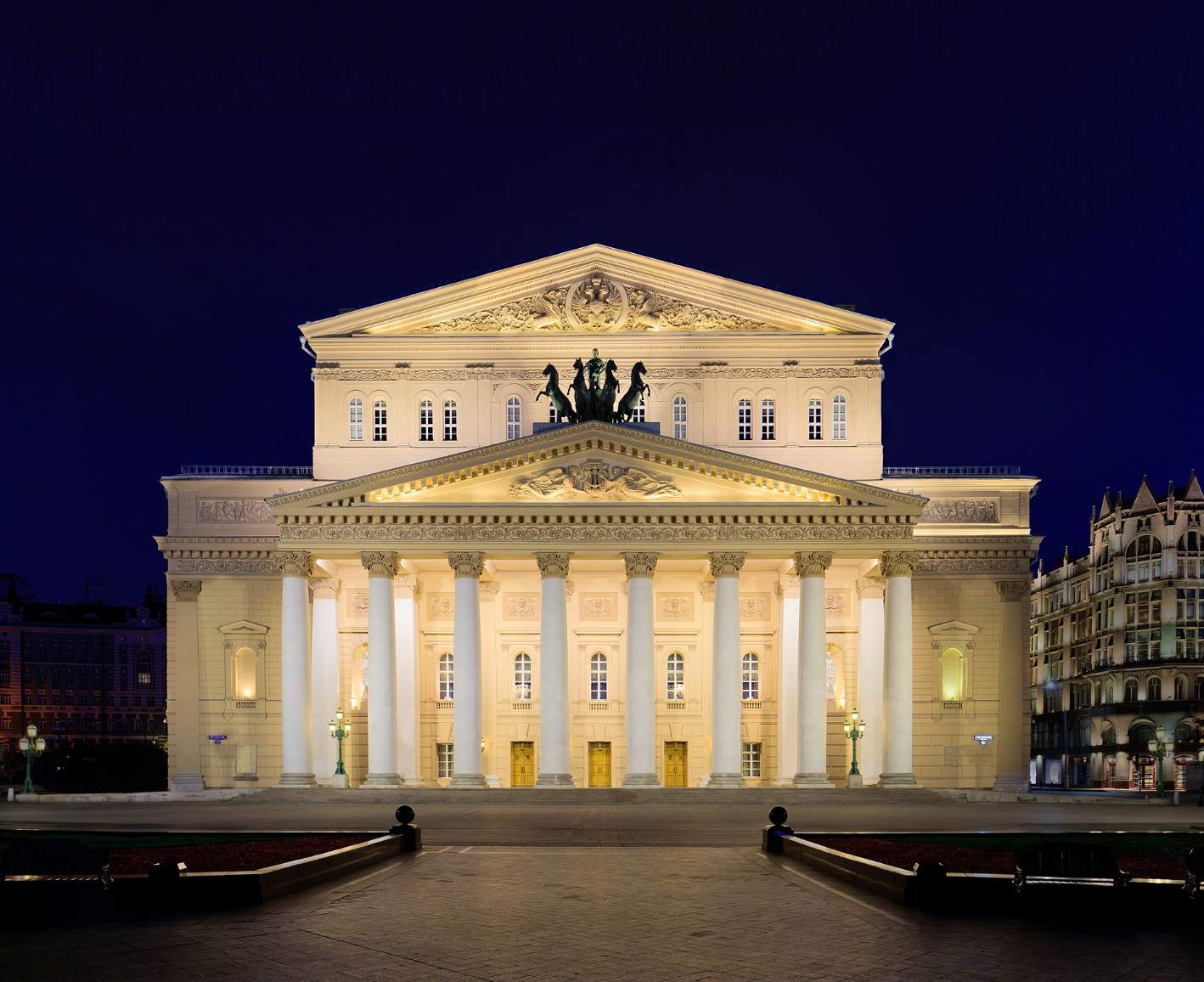
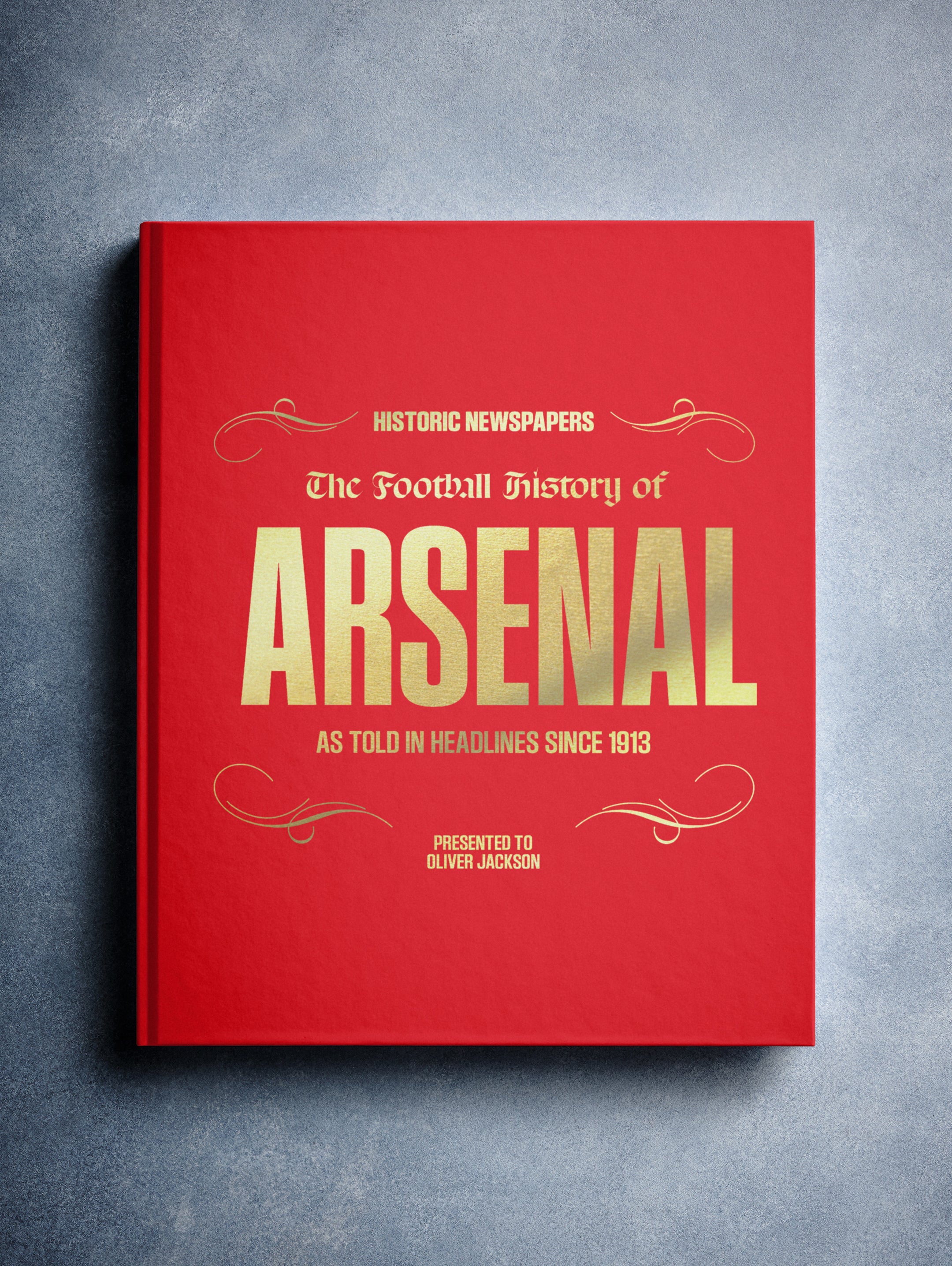

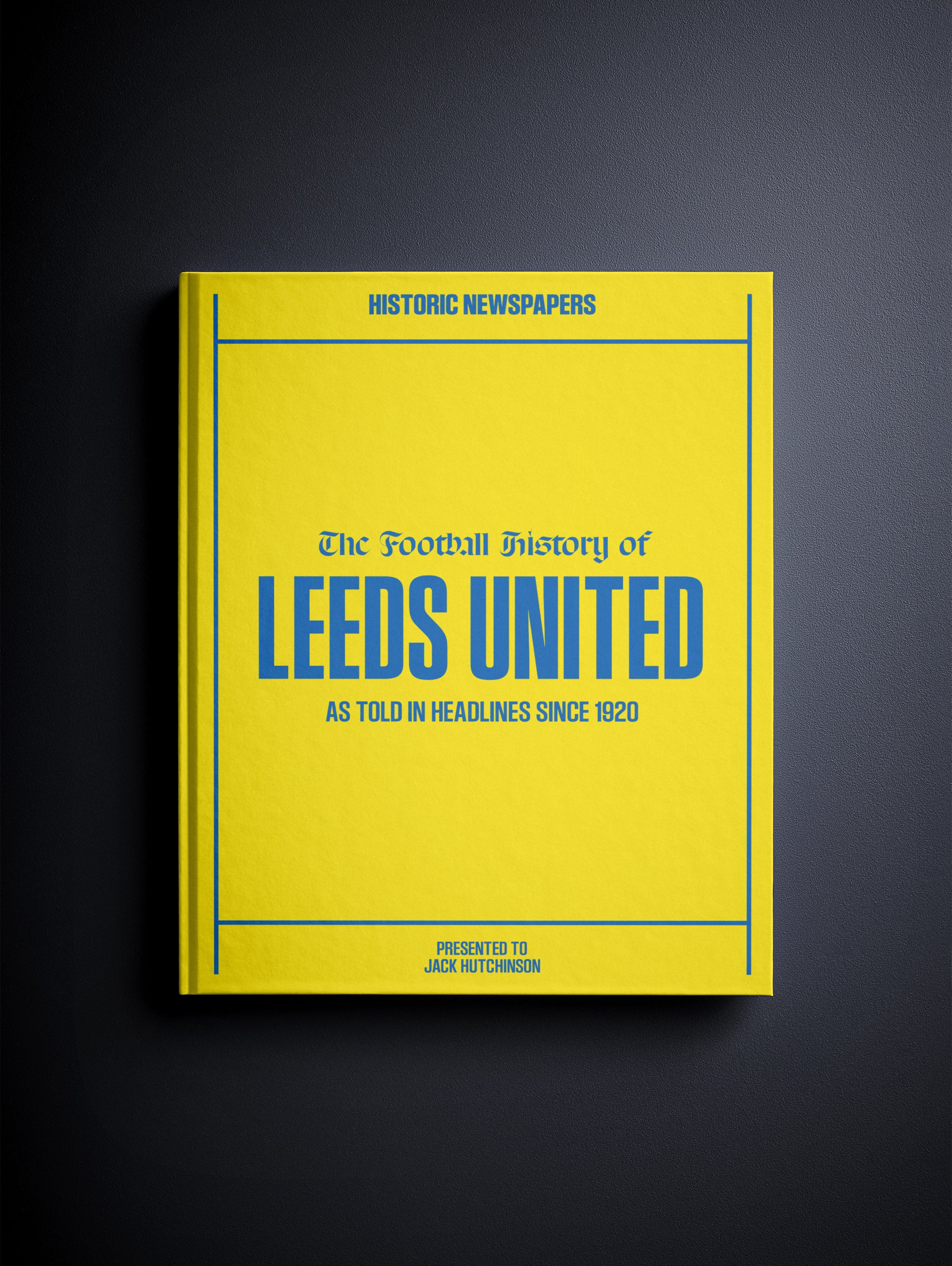

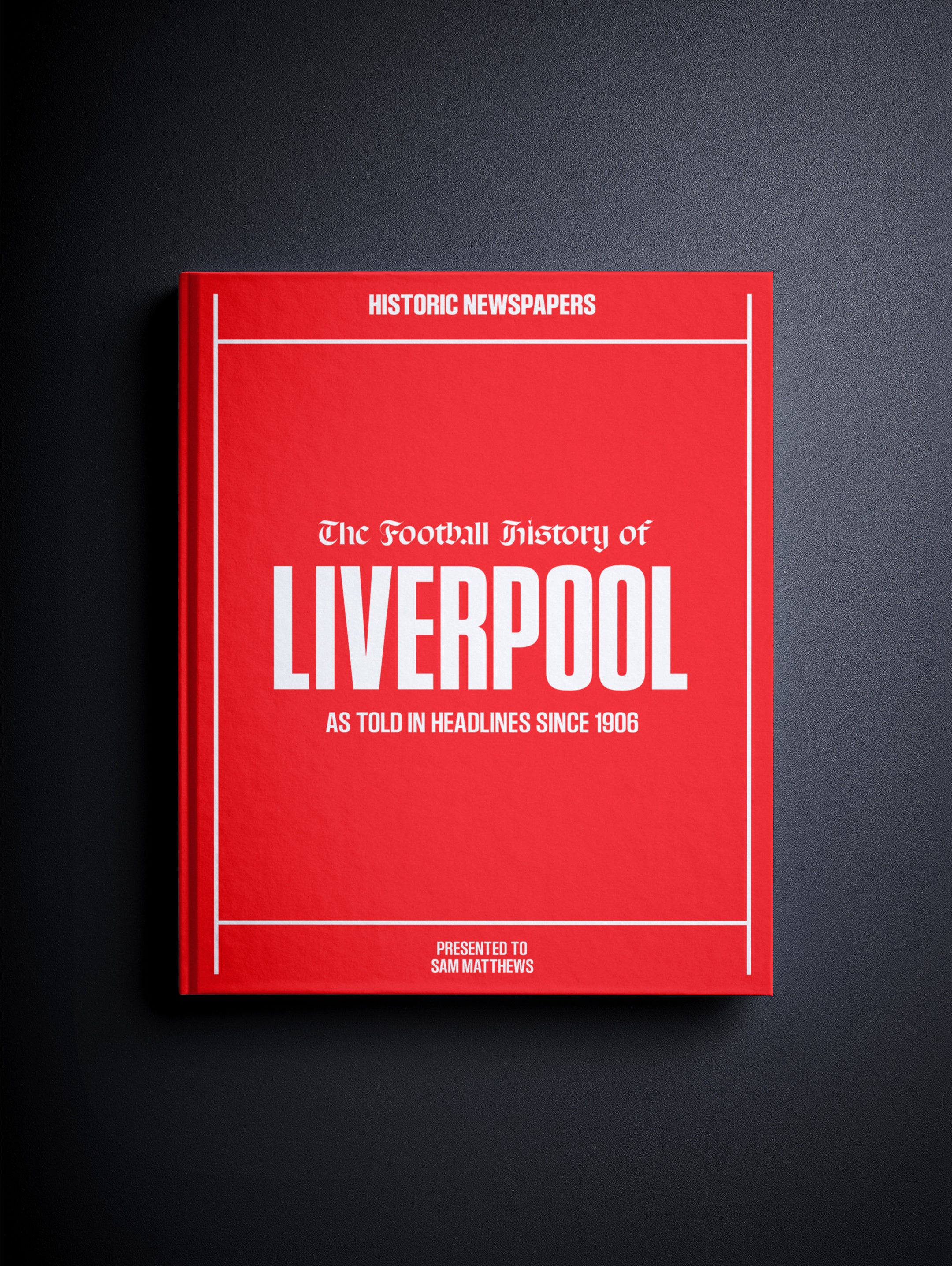

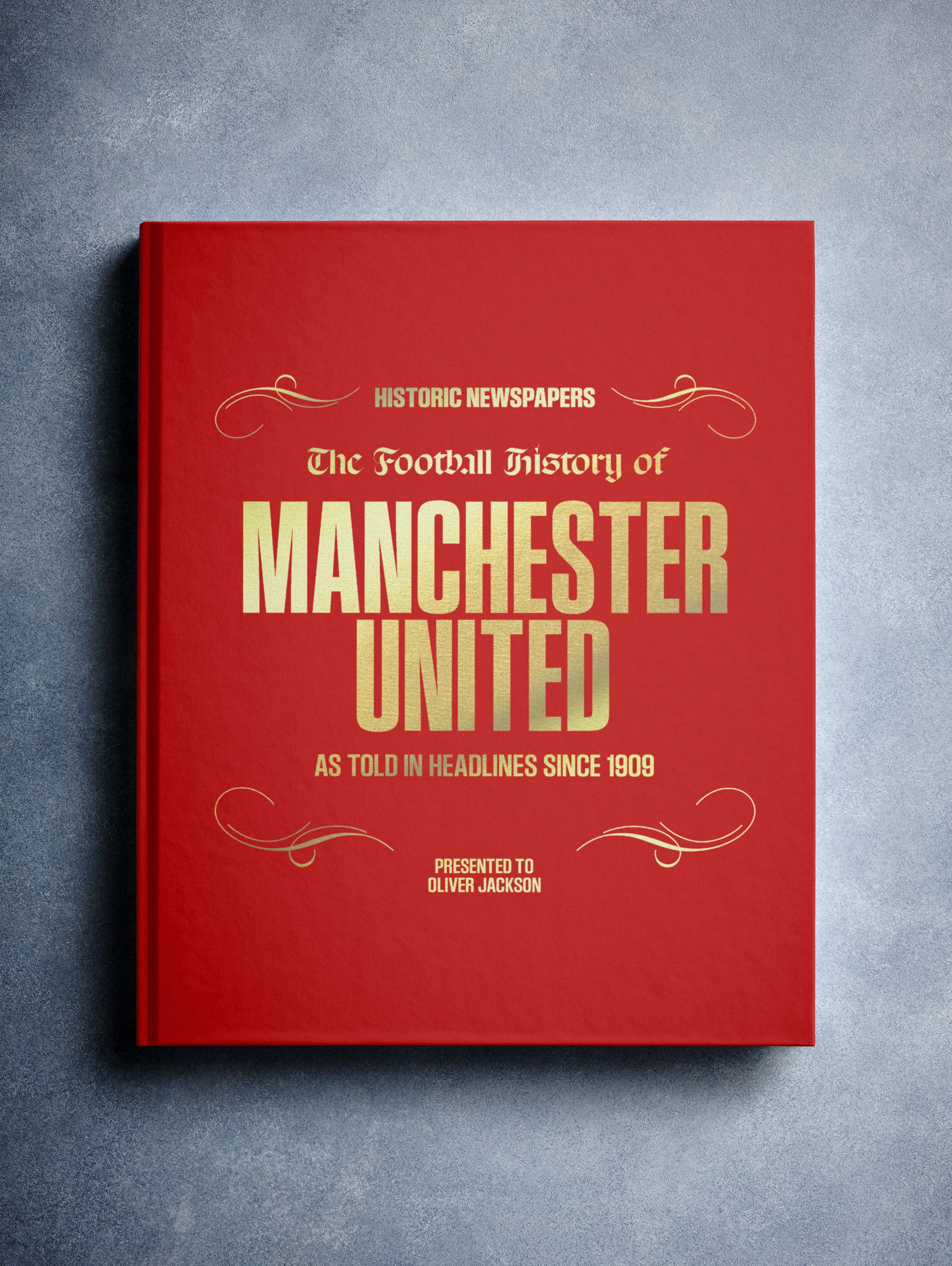


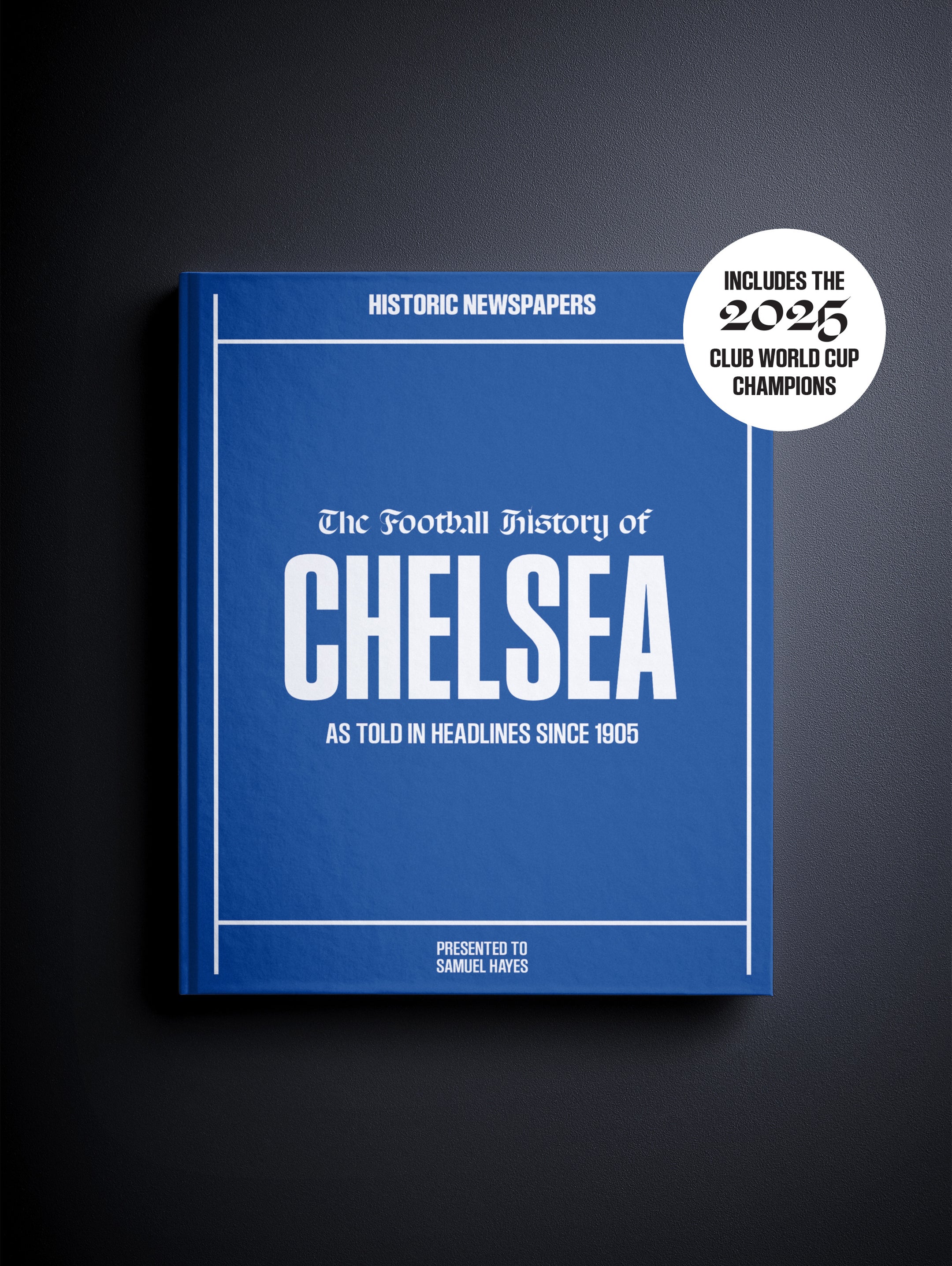


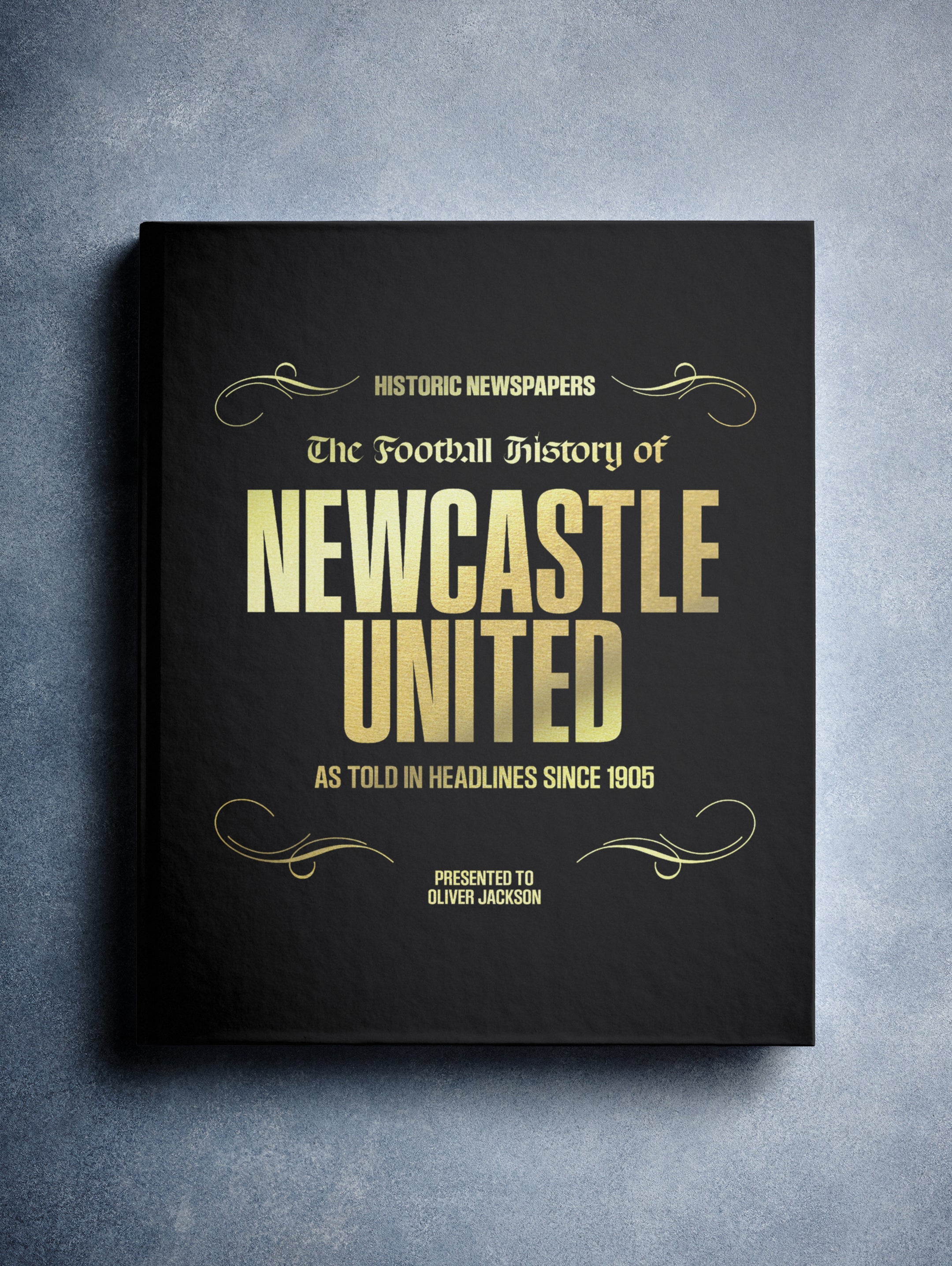

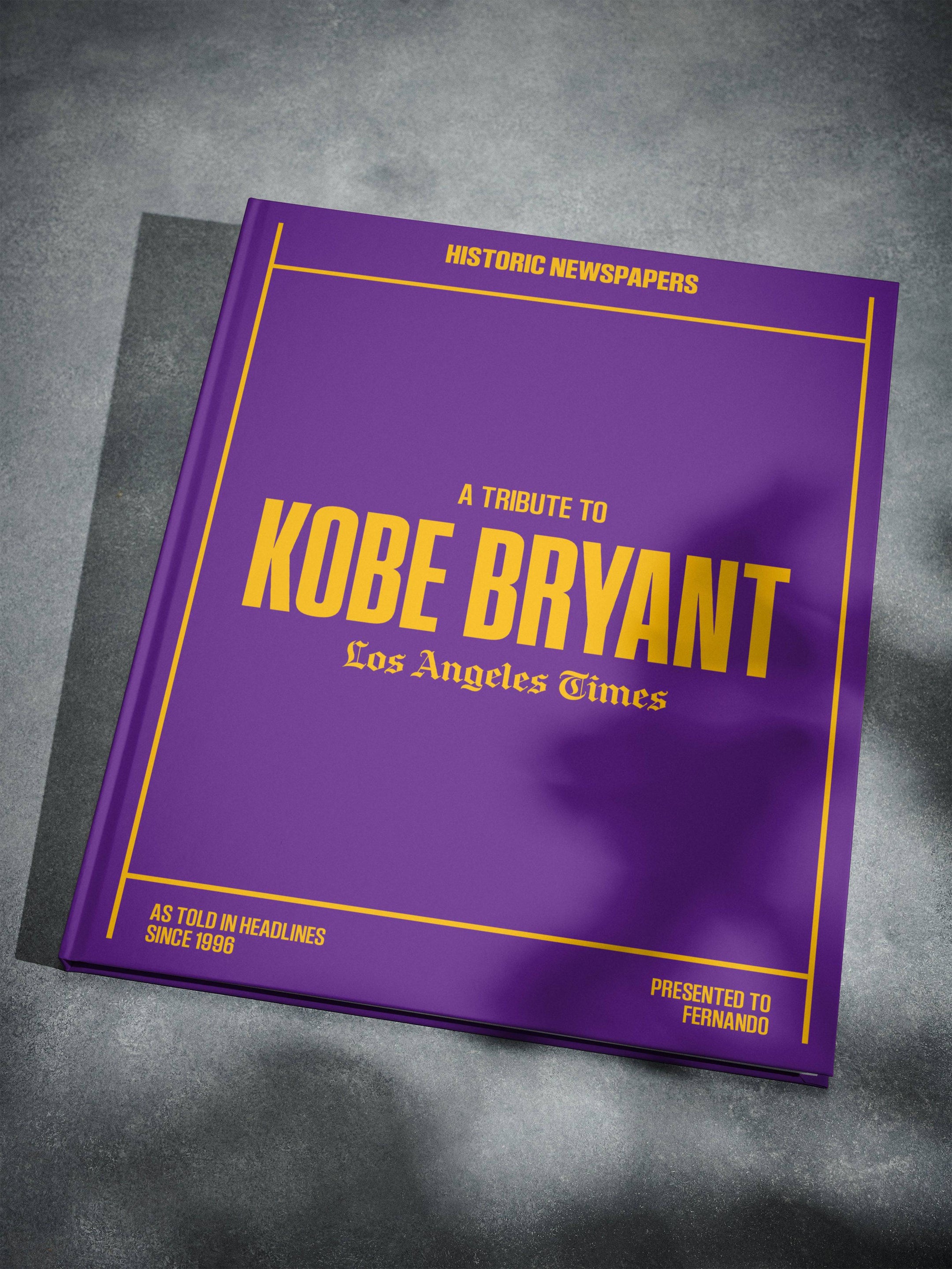





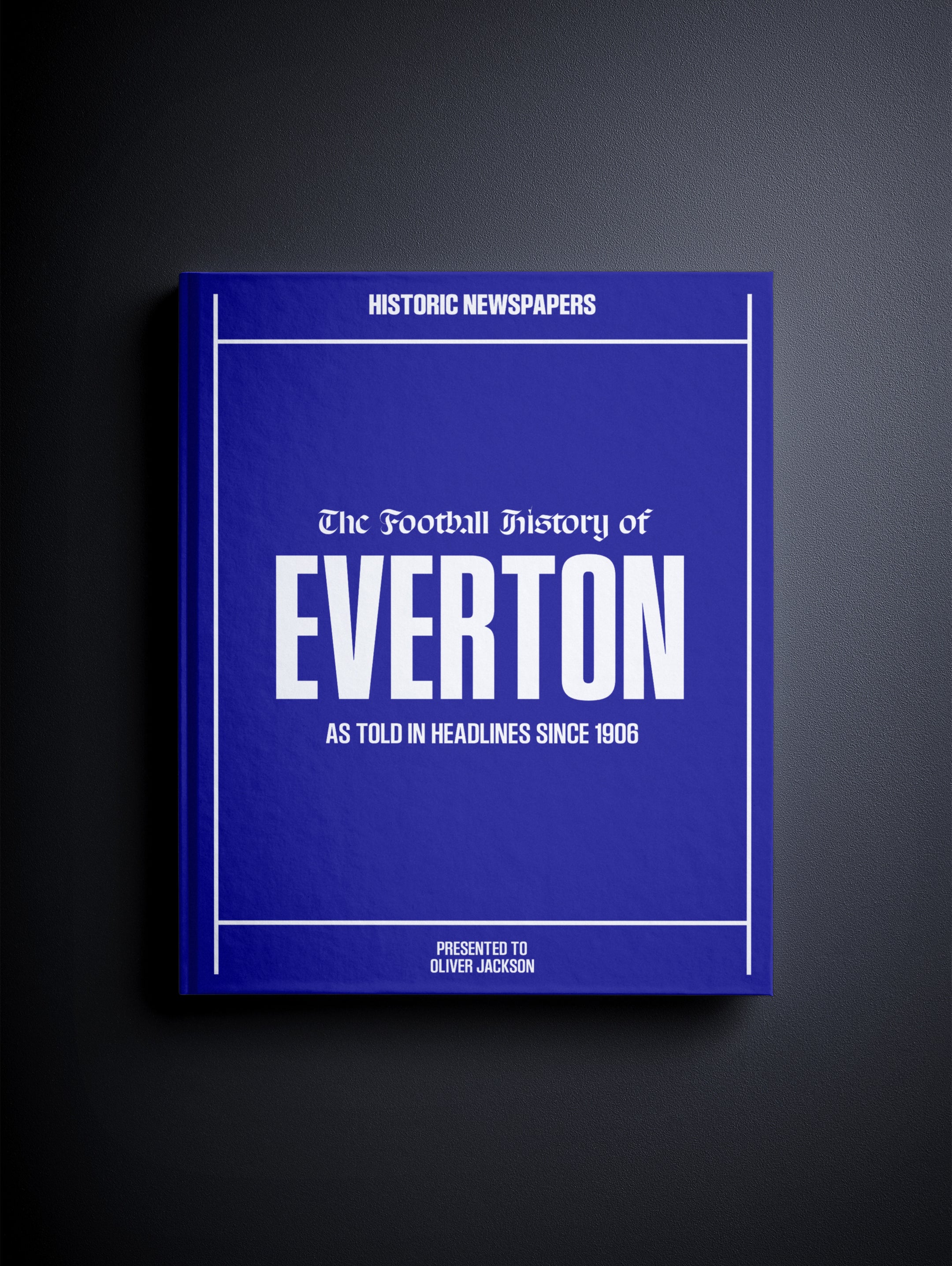

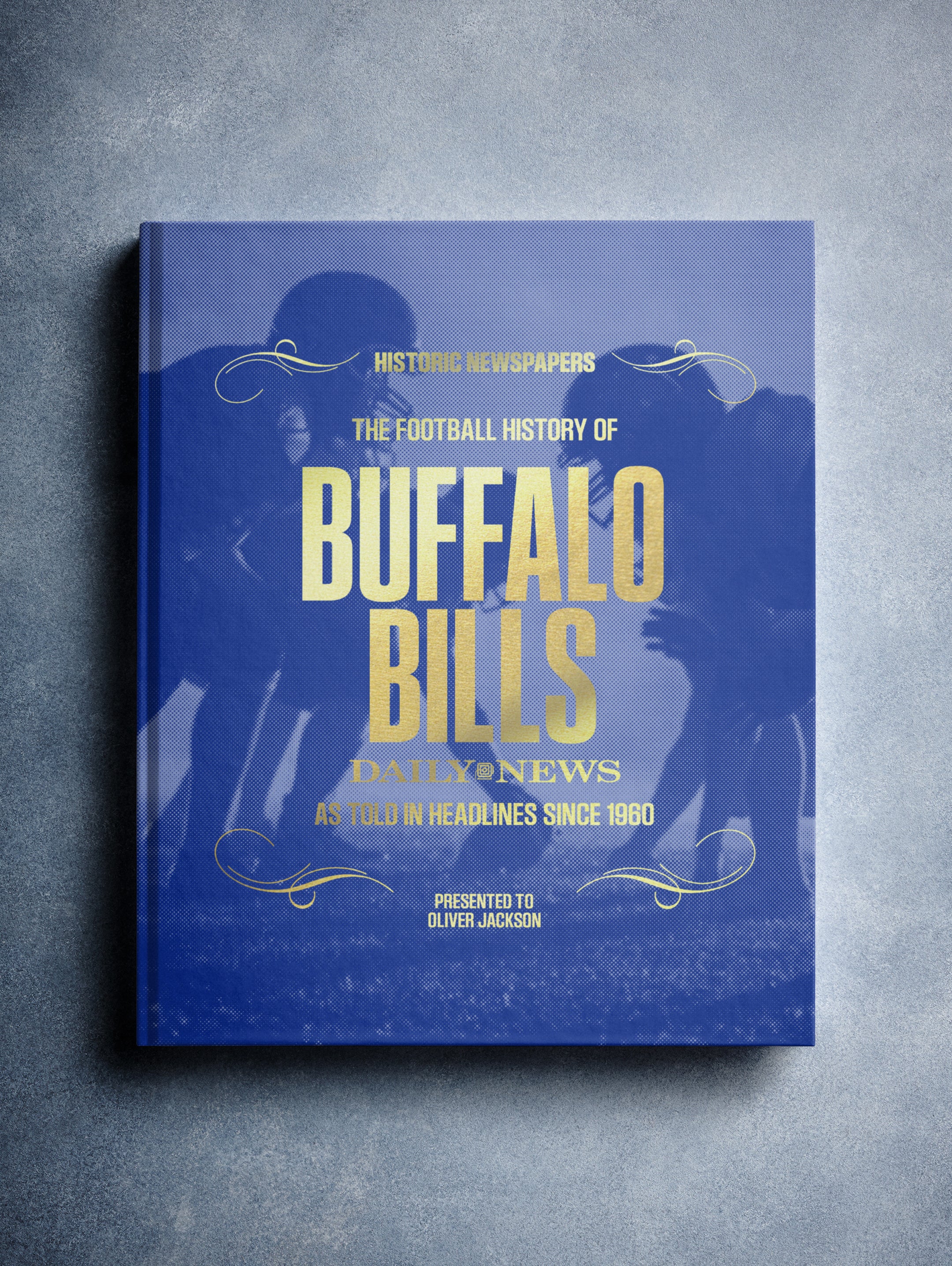


Follow us